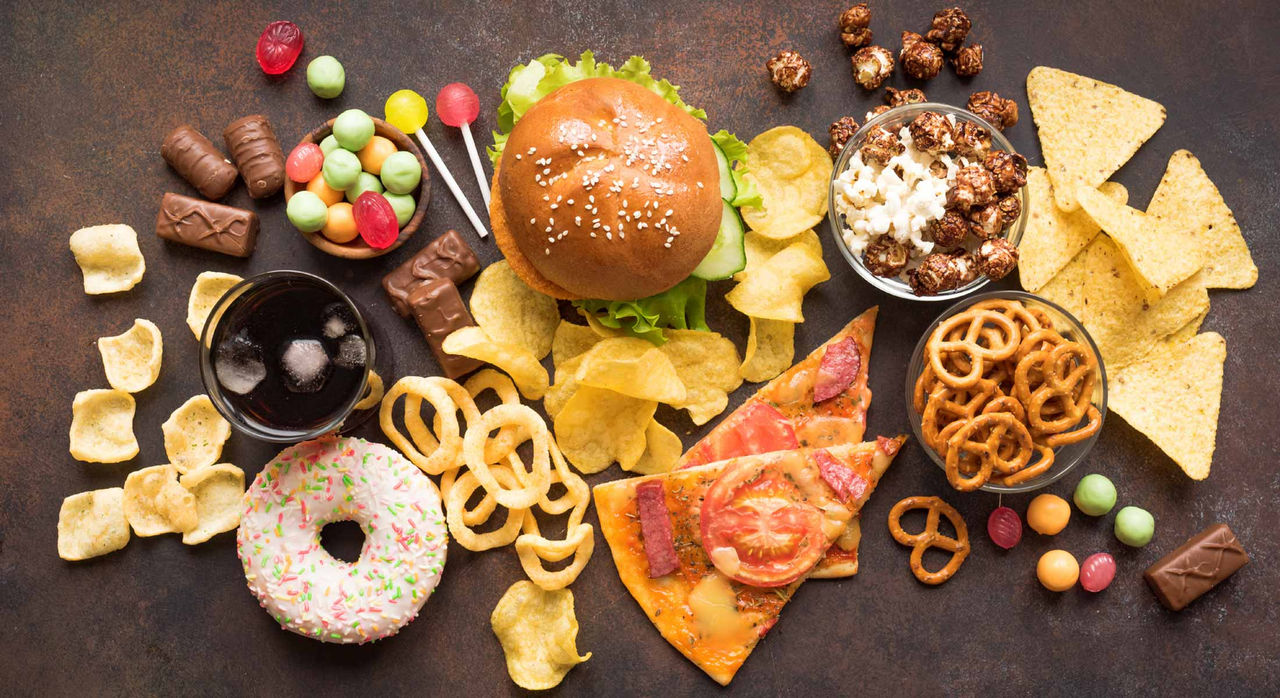If you’ve ever wondered about high cholesterol foods and their impact on your health, you’re asking the right questions. Cholesterol is a waxy substance found in certain foods and produced by your liver. While your body needs some cholesterol to function—like building cells and producing hormones—too much can lead to problems. Specifically, unhealthy cholesterol levels can increase your risk of heart disease and cardiovascular disease.
High cholesterol foods are those that contain either dietary cholesterol or saturated fat, both of which can raise cholesterol levels in your blood. Saturated fat, in particular, is notorious for increasing LDL cholesterol, also known as low-density lipoprotein or “bad cholesterol.” When LDL cholesterol builds up in your artery walls, it can restrict blood flow and increase your risk of a heart attack or stroke.
Understanding how to manage your blood cholesterol through healthy eating and lifestyle changes is crucial. For instance, replacing unhealthy fats like trans fats and partially hydrogenated vegetable oils with unsaturated fats such as olive oil, canola oil, or extra virgin olive oil can make a big difference. These simple adjustments not only lower cholesterol but also reduce your overall risk of heart disease.
Which Foods Are High in Cholesterol?
Let’s break it down: which foods fall under the category of high cholesterol? Many animal products, such as red meat, fatty meats, and full-fat dairy products, are common culprits. Processed meats like bacon, sausages, and deli meats are especially problematic because they often contain unhealthy fats and too much sodium, further raising your risk of heart disease.
Shellfish, including shrimp and lobster, are also considered high cholesterol foods, though they offer other nutrients like omega-3 fatty acids that benefit heart health. Eggs, particularly the yolks, are another source of dietary cholesterol. However, research suggests that moderate egg consumption doesn’t significantly affect blood cholesterol for most people unless paired with a diet high in saturated fat.
Other worst foods for cholesterol include baked goods made with palm oil or coconut oil, which are high in saturated fat. Eating too much of these items can contribute to unhealthy cholesterol levels and increase your risk factors for cardiovascular disease.
Quick Answer: Foods high in cholesterol include red meat, processed meats, shellfish, eggs, and baked goods made with saturated fats. Moderation and mindful choices are essential.
How Do Saturated Fats Affect Your Cholesterol Levels?
Saturated fat is one of the primary contributors to unhealthy cholesterol levels. Found in fatty meats, full-fat dairy products, and some vegetable oils like palm oil, saturated fat signals your liver to produce more LDL cholesterol. This bad cholesterol can stick to your artery walls, leading to plaque buildup and an increased risk of heart attack or stroke.
On the flip side, unsaturated fats—such as polyunsaturated fats and monounsaturated fats found in olive oil, canola oil, and oily fish—can help lower cholesterol levels. These healthier fats increase high-density lipoprotein (HDL), or “good cholesterol,” which helps remove LDL cholesterol from your bloodstream.
To prevent cholesterol from rising, focus on reducing saturated fat intake and avoiding trans fats entirely. Reading food labels carefully is a great way to identify hidden sources of unhealthy fats in processed foods.
Quick Answer: Saturated fat raises LDL cholesterol, while unsaturated fats like olive oil can help lower cholesterol and protect your heart.
Can Eating High Cholesterol Foods Really Harm Your Health?
Yes, consistently consuming high cholesterol foods can harm your health, especially if combined with other risk factors like smoking, lack of physical activity, or excessive alcohol consumption. Too much cholesterol in your blood can lead to plaque buildup in your blood vessels, restricting blood flow and increasing your risk of cardiovascular disease.
However, not everyone responds the same way to dietary cholesterol. Some people, known as hyper-responders, experience significant spikes in blood cholesterol after eating high cholesterol foods. Others may see minimal effects. Regardless, pairing these foods with unhealthy fats or too much alcohol can amplify their negative impact.
To mitigate risks, adopt therapeutic lifestyle changes, such as maintaining a healthy weight, engaging in regular physical activity, and following a low cholesterol diet rich in fruits, vegetables, whole grains, and lean meat. These steps can help lower your cholesterol and improve your overall well-being.
Quick Answer: High cholesterol foods can harm your health, especially when combined with unhealthy fats or excessive drinking. Therapeutic lifestyle changes can help manage risks.
How Much Cholesterol Should You Consume Daily?
The general guideline recommends limiting daily cholesterol intake to 200–300 milligrams, depending on individual risk factors. For context, one egg yolk contains about 186 milligrams of cholesterol, making it easy to exceed this limit if you’re not careful.
That said, recent studies suggest that dietary cholesterol has less impact on blood cholesterol than previously thought. Instead, saturated fats and trans fats play a larger role in raising cholesterol levels. Therefore, focusing on a balanced diet that emphasizes unsaturated fats, soluble fiber (found in foods like oat bran, kidney beans, and brown rice), and whole grains is more effective for lowering cholesterol.
If you’re unsure about your personal limits, consulting a healthcare provider or checking resources from organizations like the National Heart, Lung, and Blood Institute can provide tailored advice.
Quick Answer: Aim for 200–300 mg of cholesterol daily, but prioritize reducing saturated and trans fats for better results.
Are There Any Benefits to High Cholesterol Foods?
Despite their reputation, some high cholesterol foods offer notable health benefits. For example, eggs are packed with protein, vitamins, and antioxidants like lutein, which supports eye health. Shellfish like shrimp and crab are low in calories yet rich in omega-3 fatty acids, which promote heart health.
Organ meats, though high in cholesterol, are nutrient powerhouses containing iron, zinc, and vitamin A. The key is moderation. Pairing these foods with plenty of vegetables, whole grains, and unsaturated fats ensures you reap their benefits without compromising your cholesterol levels.
Quick Answer: High cholesterol foods like eggs and shellfish provide valuable nutrients. Enjoy them in moderation as part of a balanced diet.
What Are Some Healthy Alternatives to High Cholesterol Foods?
Switching out high cholesterol foods for healthier options doesn’t mean sacrificing flavor. Here are some swaps to consider:
- Replace fatty meats with lean meat or plant-based proteins like kidney beans.
- Opt for low-fat dairy products instead of full-fat versions.
- Use olive oil or canola oil instead of butter or palm oil.
- Choose whole grains like brown rice over refined carbohydrates.
- Snack on nuts or seeds instead of processed snacks.
These alternatives not only lower cholesterol but also support a healthy weight and reduce your risk of heart disease.
Quick Answer: Swap fatty meats for lean protein, use olive oil instead of butter, and choose whole grains to maintain healthy cholesterol levels.
How Can You Lower Your Cholesterol Without Giving Up All Your Favorite Foods?
You don’t have to give up everything you love to lower your cholesterol. Portion control, smart pairings, and cooking techniques can make a big difference. For instance, enjoy smaller servings of red meat alongside a salad loaded with soluble fiber. Grilling or baking instead of frying reduces added fats, while using spices enhances flavor without relying on unhealthy ingredients.
Additionally, incorporating heart-healthy foods like oily fish, nuts, and orange juice fortified with plant sterols can help balance your diet. Regular physical activity, stopping smoking, and avoiding drinking excessively are equally important for managing cholesterol and improving overall health.
Quick Answer: Lower cholesterol by controlling portions, pairing wisely, cooking smart, staying active, and quitting smoking.
What’s the Bottom Line When It Comes to High Cholesterol Foods?
In summary, high cholesterol foods aren’t inherently bad—they just require thoughtful consumption. By understanding how saturated fat, trans fats, and dietary cholesterol affect your blood cholesterol, you can make informed choices. Pair these foods with plenty of fruits, vegetables, whole grains, and unsaturated fats to create a balanced diet.
Remember, therapeutic lifestyle changes like maintaining a healthy weight, exercising regularly, and following a low cholesterol diet go a long way in protecting your heart. With these strategies, you can enjoy life’s pleasures while keeping your cholesterol levels in check.
If you’re looking for personalized and compassionate care to manage your health, look no further than NY Choice Medical. From routine checkups to chronic illness management, their dedicated team combines expertise with a warm, inviting atmosphere, ensuring you feel supported every step of the way. Conveniently located at 6 E 45th St in New York, NY, they offer an array of services including full health diagnostics, wellness programs, and comprehensive case management tailored to meet your unique needs.
Take the first step toward better well-being by visiting https://nychoicemedical.com/ today and discover how NY Choice Medical can help you maintain long-term engagement with your healthcare journey.
FAQ: Understanding High Cholesterol Foods and Their Impact on Your Health
2. How do saturated fats and trans fats differ in their effects on cholesterol?
Saturated fats, found in fatty meats, butter, and coconut oil, increase low-density lipoprotein (LDL) cholesterol, also known as "bad cholesterol," which can contribute to plaque buildup in your arteries. Trans fats, often found in processed foods, baked goods, and partially hydrogenated vegetable oils, are even worse—they not only raise LDL cholesterol but also lower high-density lipoprotein (HDL), or "good cholesterol." To protect your heart, it’s best to limit both saturated fats and trans fats, opting instead for healthier fats like olive oil, canola oil, and polyunsaturated fats.
3. Can I still eat eggs if I’m trying to lower my cholesterol?
Yes, you can still enjoy eggs, even if you’re working to lower your cholesterol. While egg yolks are high in dietary cholesterol, they have a modest effect on blood cholesterol for most people unless paired with a diet heavy in saturated fats. The health benefits of eggs—rich in protein, vitamins, and antioxidants—make them a valuable part of a balanced diet. If you’re concerned about cholesterol, consider using egg whites or limiting yourself to a few whole eggs per week while focusing on other nutrient-dense foods.
4. What are some simple ways to lower cholesterol through diet?
Lowering cholesterol doesn’t have to be complicated. Start by incorporating more soluble fiber into your meals—foods like oat bran, kidney beans, and brown rice can help prevent cholesterol from being absorbed into your bloodstream. Swap unhealthy fats like palm oil and butter for heart-healthy alternatives such as olive oil, canola oil, or extra virgin olive oil. Choose lean meats over fatty cuts, and replace processed snacks with nuts, seeds, or fresh fruit. Additionally, eating oily fish rich in omega-3 fatty acids can boost your HDL cholesterol and reduce your risk of cardiovascular disease.
5. How does alcohol consumption affect cholesterol and heart health?
Too much alcohol can negatively impact your cholesterol levels and overall heart health. Excessive drinking can lead to weight gain, increased blood pressure, and higher triglyceride levels, all of which are risk factors for heart disease. On the other hand, moderate alcohol consumption—such as one glass of red wine per day—may have some protective effects due to its antioxidants. However, if you don’t already drink, there’s no need to start. For those who do drink, it’s important to do so in moderation and focus on other therapeutic lifestyle changes, like regular physical activity and a balanced diet, to maintain healthy cholesterol levels.

